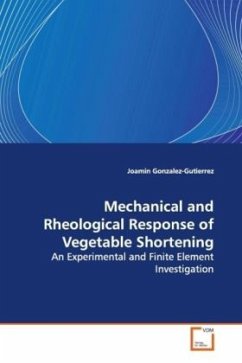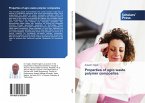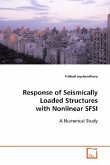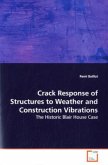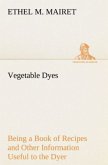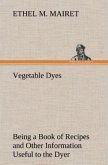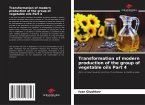Many soft food materials, including vegetable
shortening, exhibit complex rheological behaviour
with properties that resemble those of a solid and a
liquid simultaneously. The fundamental parameters
used to describe the rheological response of
vegetable shortening were obtained from uniaxial
compression tests, including monotonic and cyclic
compression, as well as creep and stress relaxation
tests. The fundamental parameters obtained from the
various compression tests were then used in two
mechanical models (viscoelastic and elasto-visco-
plastic) to predict the compression and conical
indentation response of vegetable shortening. The
accuracy of the two models was studied with the help
of the commercially available finite element
analysis
software package Abaqus. It was determined that the
viscoelastic model was not suitable for the
prediction of the rheological response of
shortening.
On the other hand, the proposed elasto-visco-plastic
model predicted with reasonable accuracy the
uniaxial
compression and indentation experimental response of
vegetable shortening.
shortening, exhibit complex rheological behaviour
with properties that resemble those of a solid and a
liquid simultaneously. The fundamental parameters
used to describe the rheological response of
vegetable shortening were obtained from uniaxial
compression tests, including monotonic and cyclic
compression, as well as creep and stress relaxation
tests. The fundamental parameters obtained from the
various compression tests were then used in two
mechanical models (viscoelastic and elasto-visco-
plastic) to predict the compression and conical
indentation response of vegetable shortening. The
accuracy of the two models was studied with the help
of the commercially available finite element
analysis
software package Abaqus. It was determined that the
viscoelastic model was not suitable for the
prediction of the rheological response of
shortening.
On the other hand, the proposed elasto-visco-plastic
model predicted with reasonable accuracy the
uniaxial
compression and indentation experimental response of
vegetable shortening.

